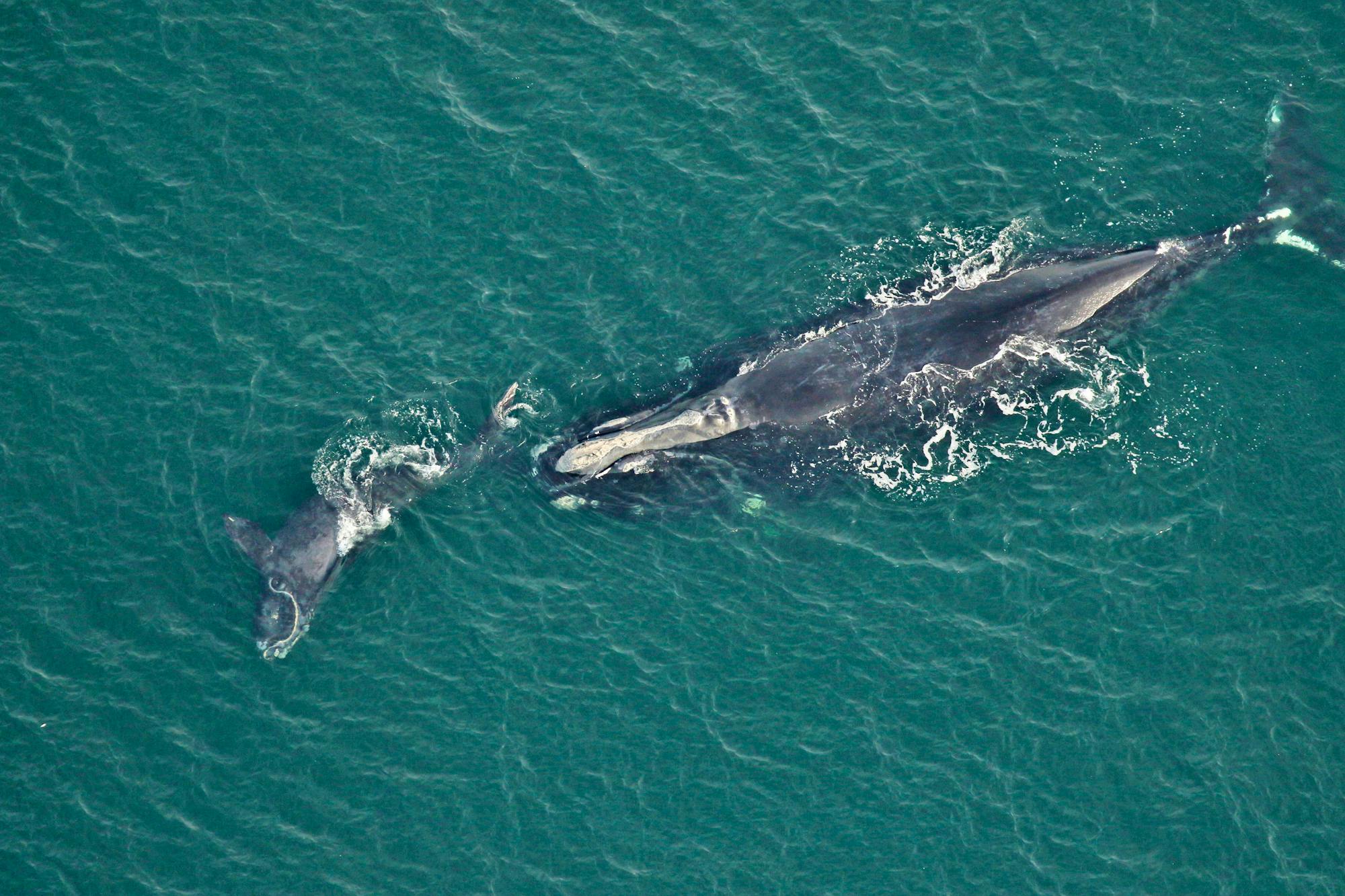It would take more votes in Congress to pass legislation to save North Atlantic right whales from extinction than there are currently swimming in the waters off our nation’s East Coast. Instead of making any effort to do that, however, the 118th Congress is defining itself as singularly dangerous to our nation’s wildlife. During this Congress alone, over 110 legislative attacks on the Endangered Species Act have been introduced via standalone bills or through the amendment process on other legislation, like appropriations bills and novel standalone bills, that severely undercut its lifesaving purpose. To put that into unsettling context, there are currently over four times more ESA attacks this Congress than there are critically endangered Red Wolves running wild in North Carolina.
Those numbers should be a wakeup call to all Americans, who by and large across party lines overwhelmingly support the ESA. Not only because of the tragic implications for the biodiversity crisis, but also because it is proof that some politicians are looking out for special interests and usurping sound science with politics to achieve their own misaligned goals.
Congress’ time would be better spent saving species rather than sabotaging them but, sadly, that’s not the case.
Take for instance the unprecedented wave of nearly 20 Congressional Review Act resolutions, that have been introduced this Congress aiming to disapprove vital conservation measures for imperiled species in favor of industry interests. These resolutions — which include attempts to remove automatic protections for threatened species, block the dunes sagebrush lizard’s endangered status, prevent grizzly bear reintroduction to the Northern Cascades Ecosystem, and more — blatantly undermine the scientific integrity of the ESA by putting the fate of species in the hands of politicians instead of wildlife experts.
For species like the dunes sagebrush lizard, whose shrinking habitat is teetering on total demise, or Rice’s whale, who have fewer than 100 individuals left, this trend of political maneuvering and abuse of the Congressional Review Act to sabotage conservation efforts poses a true threat of extinction in the near-term. The implications of these actions, however, extend far beyond the immediate impact on the species in question. They set a dangerous precedent that erodes the ESA’s foundation.
As the biodiversity crisis worsens, the need for robust, scientifically informed protections is more urgent than ever. We need our lawmakers to stop playing politics with extinction, and instead start taking the threat of the biodiversity crisis seriously.
Legislation filed in Congress has serious implications for the future of our great outdoors, the wildlife we love and the healthy biodiverse ecosystems we depend on to survive and thrive. We encourage you to research the positions our elected leaders have taken on environmental issues to help ensure wildlife has the strong advocates it needs in the halls of Congress.












Follow Defenders of Wildlife
facebook bluesky twitter instagram youtube tiktok threads linkedin